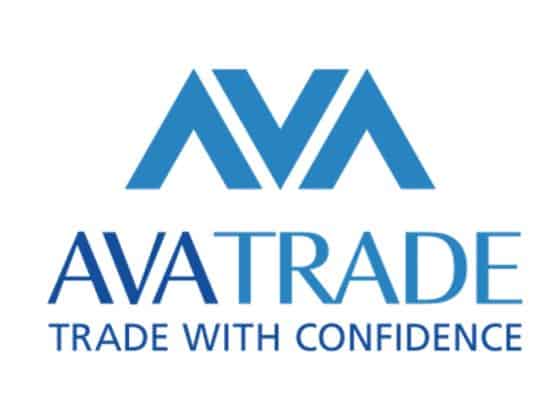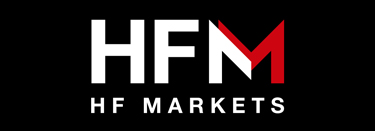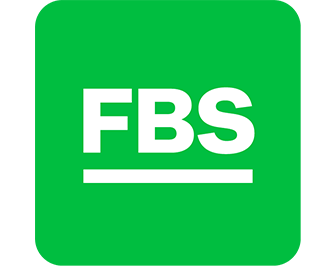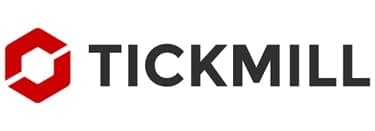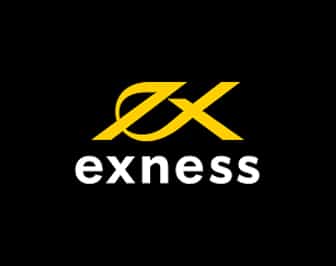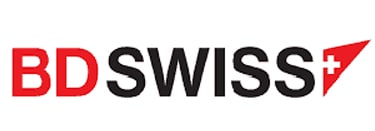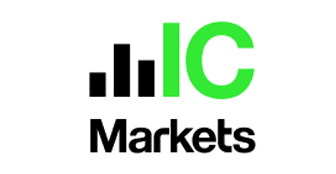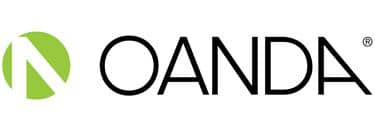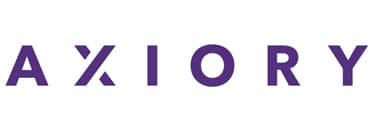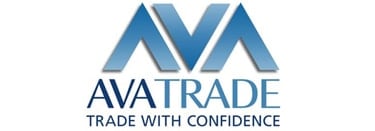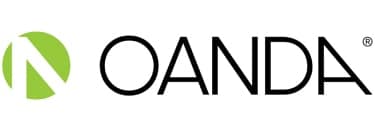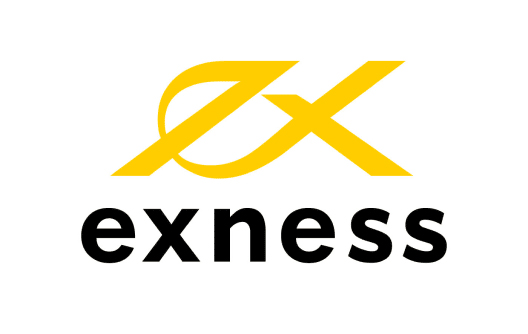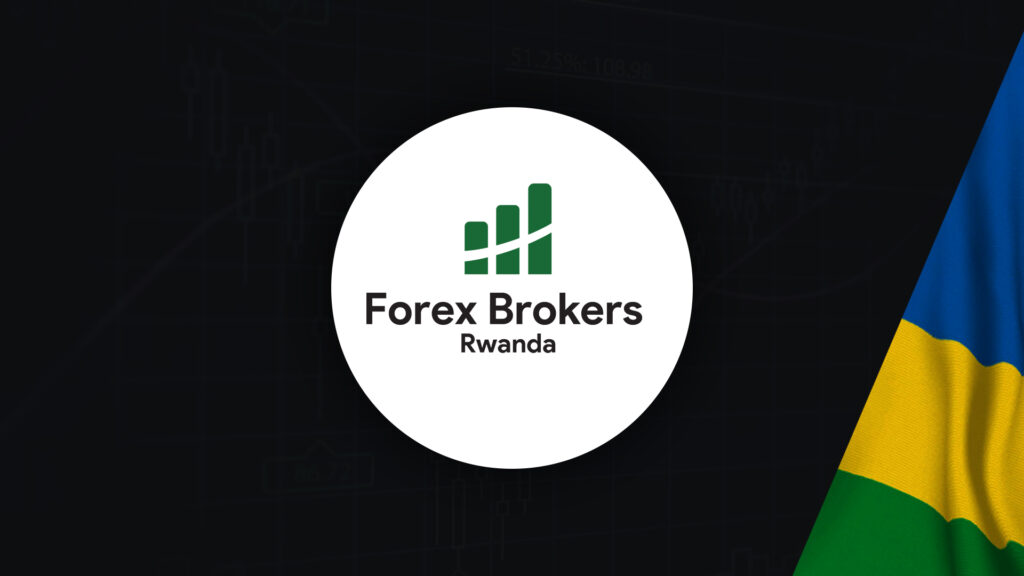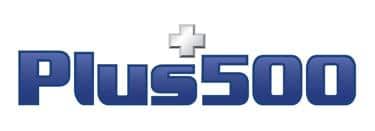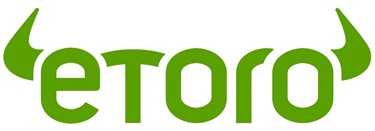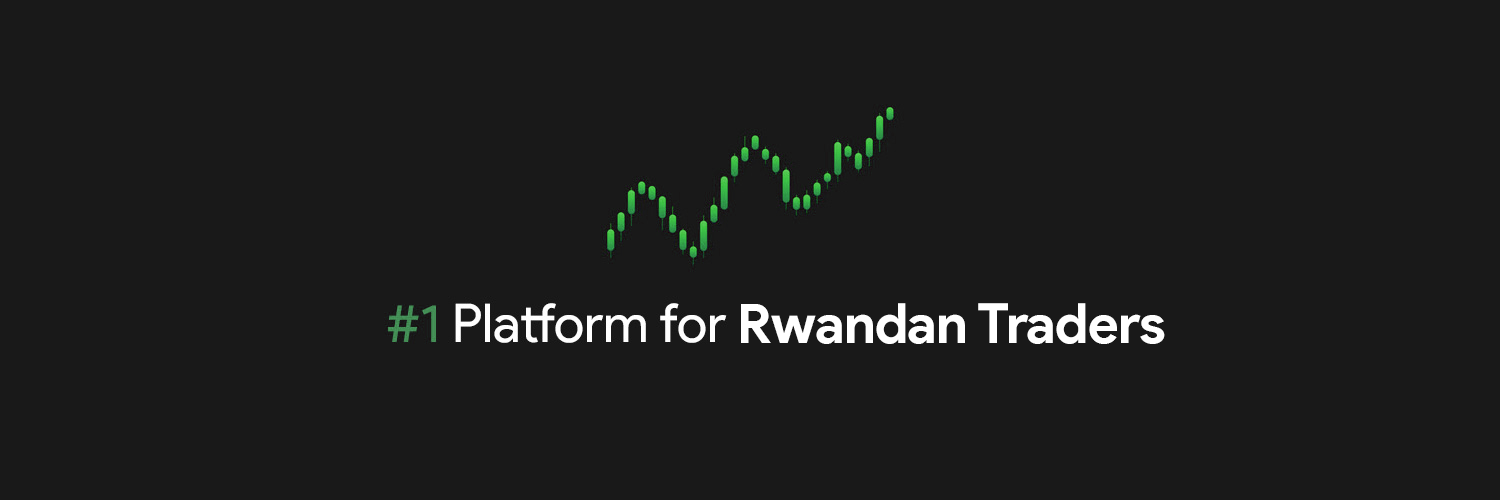
How to Buy Shares in Rwanda
How to Buy Shares in Rwanda revealed. We tested and verified the best way to buy Shares in Rwanda.
This is a complete guide on how to buy shares in Rwanda.
In this in-depth guide you’ll learn:
- What are Shares?
- How to Buy Shares in Rwanda?
- How to purchase shares for beginner traders?
- Which broker can you use to buy shares?
- Which shares to buy right now?
- Which brokers offer a $5 (3065,47 RWF) minimum deposit for investing in shares?
- How many shares should you buy and the minimum amount of stocks you should buy to make it worthwhile?
- Stock investment in Rwanda – An easy-to-understand guide
And lots more…
So if you’re ready to go “all in” with the shares for Rwandans…
Let’s dive right in…
10 Best Forex Brokers in Rwanda for 2024
Rank
Broker
Review
Regulators
Min Deposit
Official Site
- Louis Schoeman
How to Buy Shares in Rwanda (Updated 2024)
A comprehensive guide to buying shares in Rwanda step-by-step
Step1: Evaluate Brokers and Carry Out extensive research on them
Any other transactions you make cannot be compared to the Rwandan Exchange Group purchase. You cannot compare buying shares from RWF to buying groceries, where you go to the supermarket and place goods in a shopping cart. You cannot do this by visiting the floor of RWF and adding shares to a basket.
You will need a stockbroker if you want to purchase shares listed on the Rwandan Exchange Group. Brokers’ fee schedules, customer service, and financial advice may vary widely and are factors that you need to evaluate when you evaluate different stockbrokers.
Thus, when you are evaluating brokers that offer RWF access, you must verify their regulation and registration with RWF and SEC.
Step 2: Register an Account with your broker of choice
You become an investor the minute you begin trading on the Rwandan stock market. An investor’s account is subsequently required to buy and sell shares.
A CSCS account, into which your equities would be transferred, is often required to register a share dealing or trading account. A stock trading company or broker will set up an online account for you and you will subsequently receive a CSCS account number.
This number can be found on every stock or share that you purchase, allowing CSCS to track your holdings.
Two colored passport photos.
A copy of your most recent utility bill – is required to verify your physical address. You can use any electricity or water bill that is not older than three months.
Once you have completed the CSCS form, you need to provide these documents via email.
Each time your broker wishes to purchase shares on your behalf, they do it using your share trading or dealing account that has the CSCS number. The broker’s share dealing or trading account can also be used to purchase bonds, as can any number of other financial instruments.
Step 3: Funding your new trading account
Depending on the broker, deposit fees could be charged on certain payment methods. In addition, depending on the deposit currencies allowed by the broker, there could be currency conversion fees charged if your deposit currency must be converted to match your base account currency with the broker.
These are details that you must verify with your selected broker before you start the process of registering an account.
Step 4: Research different companies and their stock to decide which you want to purchase
When doing your research, avoid being overwhelmed by the deluge of data and the real-time movements in the market.
Once you have identified companies, you can start evaluating their stocks. You can do this by accessing SEC filings of quarterly earnings, or other documents and information that can indicate whether the company is a worthy option.
This could be a very overwhelming and daunting task for beginners, which is why beginners must ensure that they gain enough knowledge before they start trading shares. Beginner investors in Rwanda can also consider buying exchange-traded funds (ETFs) instead of choosing individual shares.
ETFs are baskets of shares that originate from different companies that are spread across different industries. Not only does this help minimize the risks involved with choosing individual stocks, but it also helps beginner Rwandan investors diversify their investment portfolios.
Step 5: Choosing the number of individual shares to buy
A new option from online brokers enables buyers to purchase small portions of shares rather than the full unit, making fractional equities an appealing choice for inexperienced stock investors.
Step 6: Place an order to purchase shares
Trying to acquire a million shares and attempting to gain control is impossible with a market purchase since there are no price restrictions on the transaction.
Limit Order – Investors who buy and sell smaller trading equities, which are more likely to be based on spreads because of investor activity, may benefit from using limit orders. When the stock market is volatile or when the price is more important than order fulfillment, they make an excellent investment.
Other typical orders that you will come across when buying and selling shares in Rwanda include:
All-or-nothing (AON) orders can only be completed if all the equities you wish to trade are within the price you have selected.
A “Good For the Day” (GFD) order expires at the end of the trading day, regardless of whether it has been completely fulfilled at the time of the order’s placement.
Orders marked “good till canceled” (GTC) are valid until either the customer cancels them or the order itself is canceled.
What is a Share?
Shares, also known as stocks or equity, represent a portion of ownership in a company and are issued to investors in exchange for their capital contribution.
Which shares to buy right now in Rwanda
Rwanda has many sectors in which to invest. Investment Opportunities. Education. Investment Opportunities. Health Services. Investment Opportunities.
A Brief Introduction to Shares

Shares are fractional ownership units in a firm. While most businesses issue shares, only publicly listed corporations’ shares are exchanged on stock markets.
Shares represent a company’s equity capital, and there are two primary kinds of shares: ordinary shares and preferred shares. Therefore, the terms “shares” and “stock” are often used synonymously.
The two most common types of shares are:
Common shares provide voting rights and the possibility of capital appreciation and dividends.
Preferred shares do not appreciate but may be redeemed at a discount and pay regular dividends.
Understanding how shares work
A company’s founders can choose between issuing common and preferred shares to investors when founding the corporation. Investors purchase ownership interests in companies in return for cash that is then used to fund the company’s growth and operation.
While debt capital is legally obligated to be repaid to investors in the form of interest payments or dividends, equity capital does not have this requirement. Every company, from the smallest of partnerships to the world’s largest corporations, issues stock.
Stock in privately held firms or partnerships is often owned by the company’s founders or partners. Shares of enterprises are traded on the stock market as they grow and attract new investors.
Having a residual claim on the company and its earnings provides shareholders with the opportunity to increase their capital as well as their dividend payouts. Additionally, common shares provide voting privileges to their holders, giving them greater control over the business.
Voting rights allow shareholders of record to vote on specific company operations, elect directors, and approve the issuance of additional securities or dividend payments.
If the company ever goes public with fresh shares, stockholders of certain classes of common stock have the option to buy them before everyone else.
Instead of providing considerable market appreciation or voting rights in the corporation, preferred shares typically provide neither. But this kind of stock frequently has defined payment terms and regular dividends, making it less risky than conventional stocks.
Since preferred stock takes precedence over ordinary stock if the corporation declares bankruptcy and is required to repay its creditors, preferred shareholders get paid before regular shareholders but after bondholders. Preferred shareholders are less risky than normal shareholders since they are paid first in the case of bankruptcy.
Why should you buy shares in Rwanda?
Equity returns have historically outperformed the returns on cash or fixed-income assets like bonds over lengthy periods.
Overall Best Forex Broker in Rwanda
Min Deposit
USD 10
Regulators
CBCS, CySEC, FCA, FSA, FSC, FSCA, CMA
Trading Desk
MetaTrader 4 and MetaTrader 5
Crypto
Yes
Total Pairs
107
Islamic Account
Yes
Trading Fees
Low
Account Activation Time
24 Hours
We chose Exness as the overall best CFD and Forex Broker in Rwanda based on the range of retail investor accounts, low-cost trading and non-trading opportunities, educational materials, and the MetaTrader 4 and MetaTrader 5 desktop, web, and mobile trading apps for Rwandans.
Best Proprietary CFD Trading Platform for Rwandans
Min Deposit
USD100
Regulators
CySEC, FCA, MAS, FSA, ASIC, FMA, FSCA
Trading Desk
WebTrader
Total Pairs
70
Crypto
Yes (Availability subject to regulations)
Trading Fees
Low
Account Activation Time
24 Hours
We chose Plus500 not only for its proprietary trading platform but also for the range of markets that the broker offers Rwandan traders. With Plus500, Rwandan traders and investors have access to over 2,000 instruments that they can trade through powerful, innovative trading software.
Largest range of Stocks and Stock CFDs for Rwandans
Min Deposit
USD0
Regulators
IGRs
Trading Desk
MetaTrader 4
Crypto
Yes
Total Pairs
80
Islamic Account
Yes
Trading Fees
Low
Account Activation Time
24 Hours
IG is our #1 choice for this category because the broker offers over 17,000 financial instruments that can be traded through a choice of trading platforms, both proprietary and third-party. With IG, Rwandan traders have the assurance that their funds are safe, that they can expect some of the best trading conditions, and that they can trade across several stock exchanges in the world.
Best ECN Forex and CFD Broker for Rwandan Retail Traders
Min Deposit
200 USD / 21 7071 RWF
Regulators
ASIC, BaFin, CMA, CySEC, DFSA, FCA, SCB
Trading Desk
MetaTrader 4, MetaTrader 5, cTrader and TradeView
Crypto
Yes (Not available in Africa)
Total Pairs
60+
Islamic Account
No
Trading Fees
Low
Account Activation Time
24 Hours
Pepperstone is not only one of the largest forex and CFD brokers, but one of the best that provides ECN trade execution, which ensures that Rwandan traders can expect razor-thin spreads, low commissions, and a safe, fair, transparent trading environment.
Best Social Trading Platform for Rwandans
Min Deposit
USD 50
Regulators
CySec, FCA
Trading Desk
None
Crypto
Yes
Total Pairs
47
Islamic Account
Yes
Trading Fees
Low
Account Activation Time
24 Hours
* Etoro has lowered the amount of the minimum FTD to $ 50 for the following countries: Germany, Austria, Netherlands, Norway, UK, Ireland, Spain, Italy, Sweden, Switzerland.
eToro is one of the most popular names in the forex and CFD industry, which is why we assign it as the best social trading platform for Rwandans. eToro is a leader in providing the best social trading software, allowing beginner traders to access the trades, opinions, insights, and ideas of professional Rwandan stock traders.
FAQ
What is a stock?
A stock is a unit of a share of a company in Rwanda that is traded publicly on the floor of the Rwandan Exchange Group (RWF).
What is the difference between shares and stocks in Rwanda?
Both shares and stocks represent a proportional ownership stake in a corporation. However, there is a subtle difference in how these terms are commonly used.
Where do Rwandan shares come from?
Every publicly-traded company has shares that are listed on the Rwandan Exchange Group. Investors can buy and sell these shares through a stock or CFD broker who is registered with RWF.
Can I buy any number of shares that I want in Rwanda?
Yes, In Rwanda, the regulations regarding buying shares may vary.
Can I buy shares from the Rwandan Exchange Group on my own?
Yes, it is possible for individuals to buy shares from the Rwandan Exchange Group, also known as the Rwanda Stock Exchange (RSE).
Table of Contents






